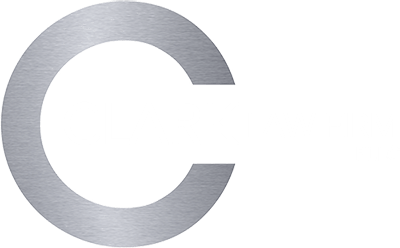Everyone expects to get paid as promised for the work they do. This is as true of contractors and subcontractors as everybody else. If its customers won’t pay their bills, a construction business cannot stay in operation, and its workers cannot get paid.
Most construction clients pay on time and in the amount agreed upon in the contract. When a client does not cooperate, a mechanics lien could be the solution.
What is a mechanics lien?
A mechanics lien is a property claim on a commercial building or other piece of real estate for work done or supplies contributed to that land. They most often come up when a contractor or subcontractor does not get paid for improvements they made to an existing building, such as an addition or repairs. If approved, the business holding the lien then has the right to sue, which can be powerful leverage to get the property owner to satisfy the debt.
What to expect with a mechanics lien
Here is a broad overview of the mechanics lien process in Ohio:
- The claimant filed a Notice of Furnishing on the owner within 21 days of the first day of labor provided or materials furnished. This document describes what the claimant contributed to the project.
- Later, if the claimant has not been paid within 75 days of the last day of providing materials or labor on a commercial project, they can file an Affidavit of Mechanics Lien in the county where the work took place.
- Once the mechanic’s lien is in place, the owner has the right to file a Notice to Commence Suit on the lienholder. This means the lienholder has 60 days to file a lawsuit to enforce the lien. Otherwise, the lien remains on the property’s title for up to six years, making it difficult to sell.
As with other civil litigation, most mechanics lien cases do not go to trial. Most parties settle to avoid the costs and uncertainties usually associated with court. However, trial is always a possibility. Therefore, your business needs a construction attorney who can negotiate and take advantage of alternative dispute resolution methods as well as litigate effectively.

